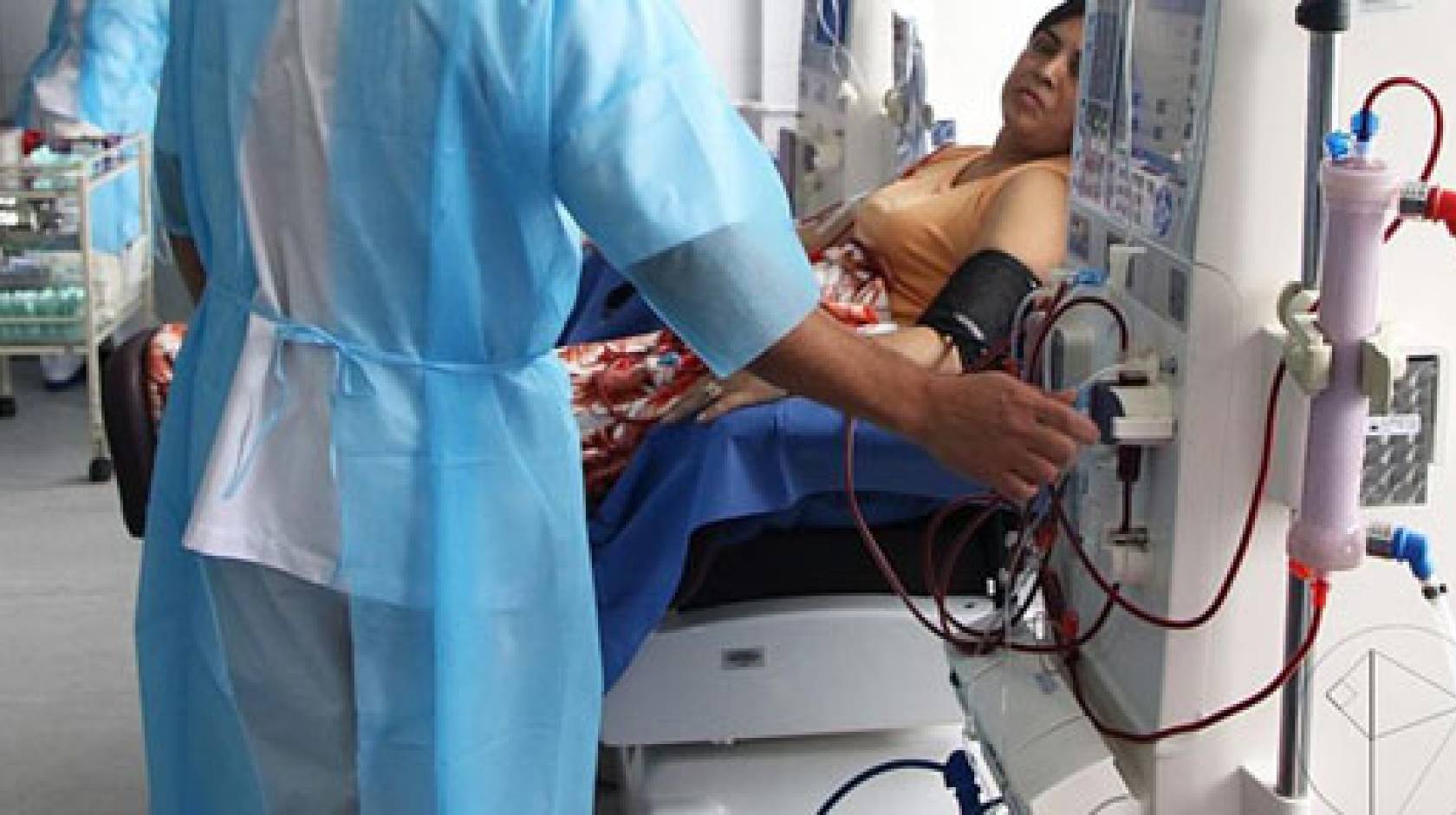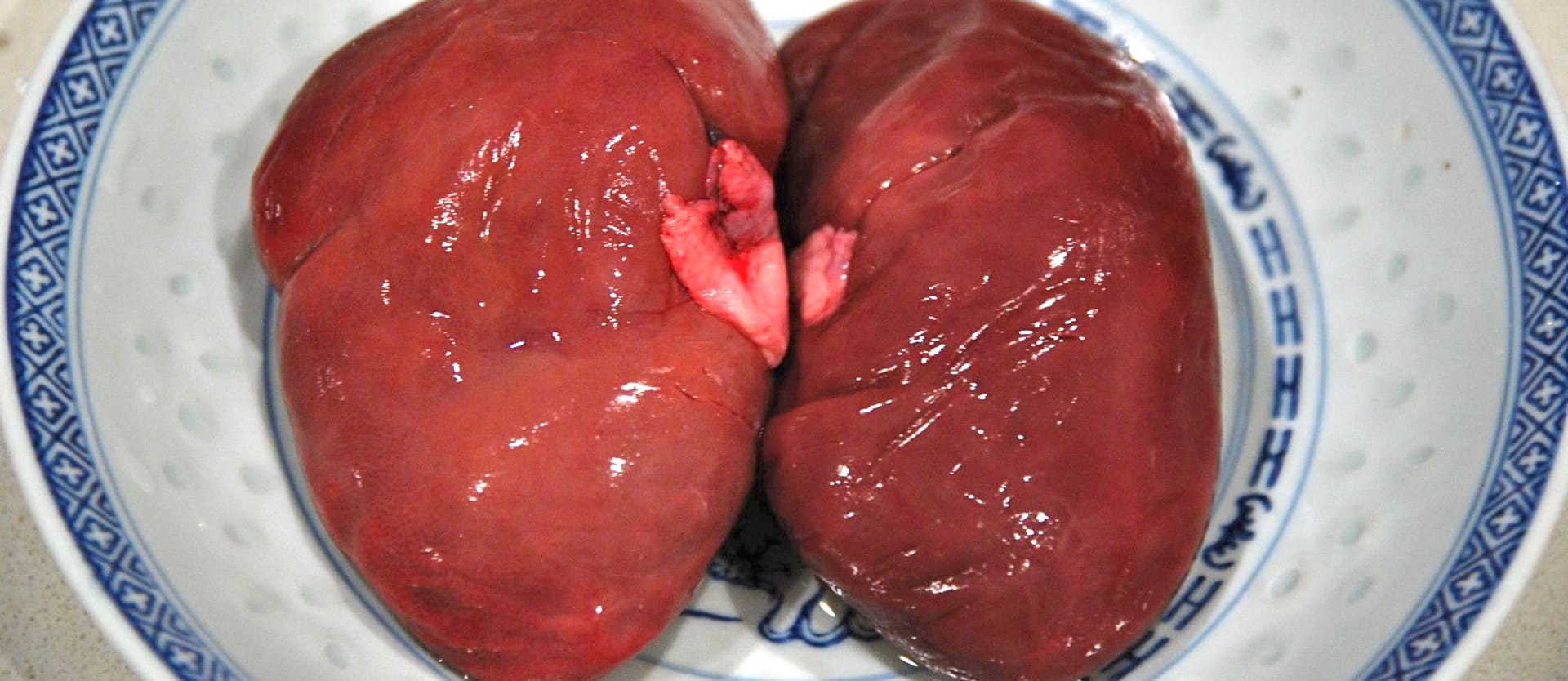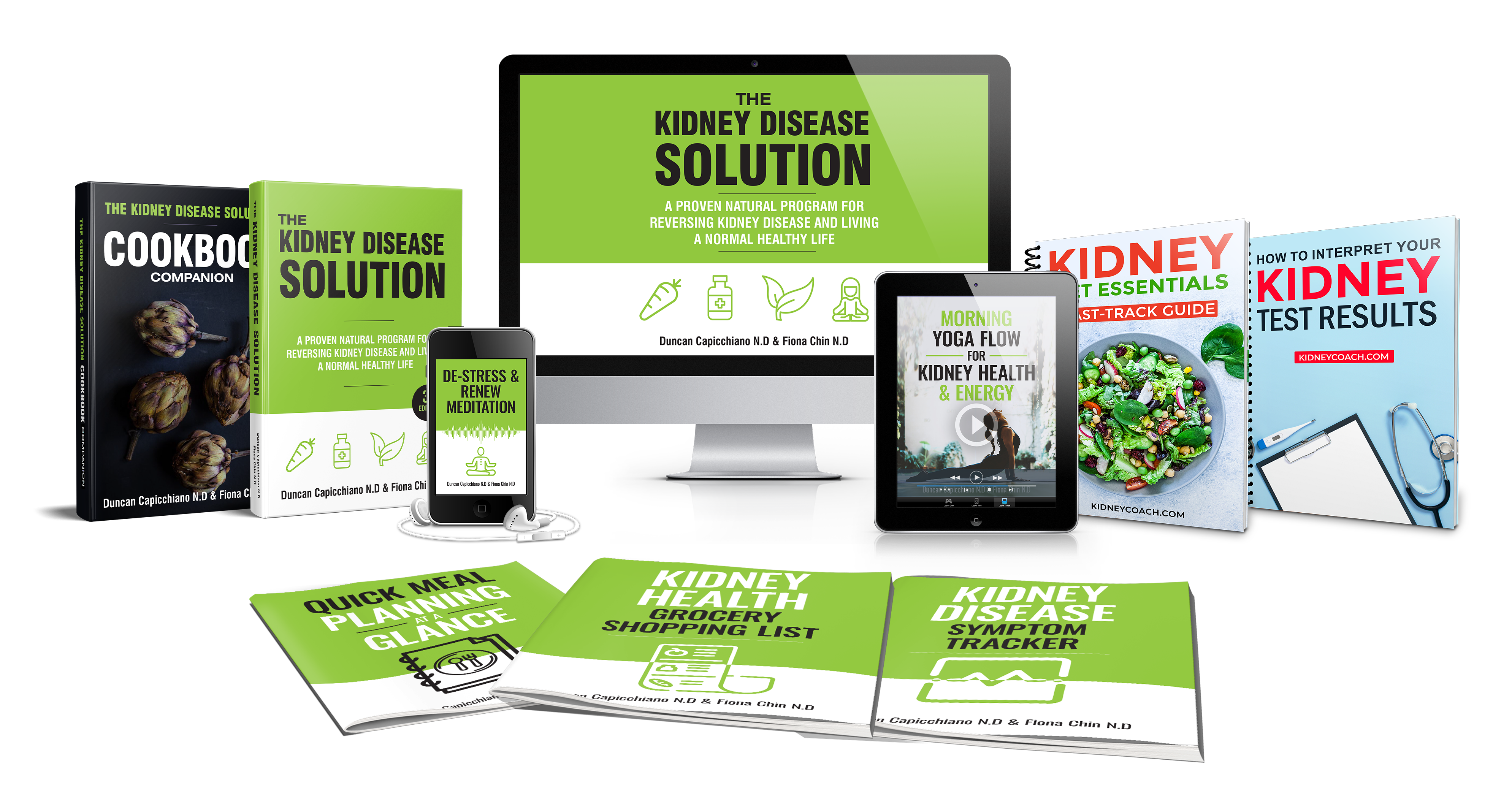Chronic kidney disease (CKD) affects millions of people worldwide, posing a significant burden on public health systems and individual well-being. While CKD can progress slowly over many years, recent studies have shed light on a concerning trend: women aged 45-65 with stage 1 CKD are at heightened risk of developing kidney failure. Get prepared to explore risk factors, potential mechanisms, and crucial preventative measures that can mitigate the progression of CKD to kidney failure.
The Dangers Of Chronic Kidney Disease in Women
Chronic kidney disease encompasses a spectrum of conditions characterized by the gradual loss of kidney function over time. It affects approximately 10% of the global population, with varying degrees of severity.
Women, particularly those in the age range of 45-65, are disproportionately affected by CKD compared to men. According to data from the Centers for Disease Control and Prevention (CDC), women are 16% more likely to develop CKD than men. This higher prevalence can be attributed to several factors, including hormonal differences, genetic predispositions, and lifestyle choices.
Hormonal fluctuations throughout a woman's life, such as those associated with menstruation, pregnancy, and menopause, can impact kidney function. Estrogen, in particular, plays a crucial role in regulating renal blood flow and the renin-angiotensin-aldosterone system, which helps maintain blood pressure and electrolyte balance.
Fluctuations in estrogen levels, such as those experienced during menopause, can lead to changes in kidney function and structure, potentially contributing to the development and progression of CKD.
Socioeconomic factors and lifestyle choices also play a significant role in the prevalence of CKD among women aged 45-65. Lower socioeconomic status is associated with limited access to healthcare, higher rates of comorbid conditions like diabetes and hypertension, and unhealthy behaviors such as smoking and poor dietary choices.
These factors can exacerbate the progression of CKD and increase the risk of kidney failure, especially in vulnerable populations.
You Are In Serious Danger Of Losing Your Life By Developing Kidney Failure

Together with his wife Fiona Chin ND – also a naturopath and nutritionist – Duncan has gathered all of this research into The Kidney Disease Solution, a natural program that has helped over 25,000 people to date. A core part of this program is the alkaline diet, by far the most effective nutritional protocol Duncan and Fiona have found to date.
An alkaline diet emphasizes “alkalizing” foods that relieve the burden of acidosis on your kidneys and the rest of your body. Duncan stresses that all cases of kidney diseases are unique and diet is just one (albeit very important) piece of the puzzle.
However, he says that by targeting the common denominator – acidity – you can take a significant load off your kidneys in a matter of hours. Not only can this give your kidneys a much-needed opportunity to heal, but it can also benefit a host of other conditions like:
- Diabetes
- Hypertension
- Cardiovascular damage
- Immune deficiency
- Hormonal imbalances
- Digestive issues
- Muscle and joint pain
- Low energy and chronic fatigue
- Weight gain and obesity
- Gout
- Premature ageing
This is just a small snapshot of the conditions that an alkaline diet can improve or heal. Imagine being able to set not just your kidneys, but your entire body on the path to healing in just a couple of hours, using what you already have in your pantry. Imagine how much more affordable good health would be when your medicine is the food you’re already buying!
Give Yourself A Chance To Live A Better Life By Using The Alkaline Diet

To monitor your pH, Duncan recommends purchasing pH test strips. Also known as litmus or pH paper, these strips change colour depending on the acidity or alkalinity of your urine. They’re cheap and easy to use, and they offer valuable feedback about how your body is responding to the diet.
As you follow the diet, test the pH of your urine every morning and keep track of the results. When your pH has stayed in the optimal pH zone of 6.75-7.25 for seven days in a row, it’s time to move to a maintenance diet. At the maintenance stage, adjust your diet to eat 60% alkaline-forming foods and 40% acid-forming foods.
This balance will keep you in the perfect pH zone for optimal health and healing. Which foods are alkaline-forming? Below are just a few examples of alkaline-forming, acid-forming and neutral foods. You might be surprised to see that some “acidic” foods, like lemon, fall into the alkaline category. That’s because while some foods – lemon included -- are in fact acidic, they have an alkalizing effect in the body.
On the other hand, acid-forming foods like meat are actually alkaline before cooking. For the purposes of the alkaline diet, foods are defined by the effect they have once inside your body.
Alkaline-forming foods include:
· All vegetables (except potatoes)
· All fruits (except plum, dates/figs, cranberries, prunes, and other dried fruits)
· Almonds
· Chestnuts
· Flax, pumpkin, squash, sunflower and sprouted seeds
· Fermented tempeh
· Fermented tofu
· Apple cider vinegar
· Green juices
· Veggie juices
· Green and herbal teas
· Kombucha · Millet
· Quinoa
Wild rice Acid-forming foods include:
· All fats and oils (except sunflower)
· Cranberries, prunes and other dried fruits
· Rice, barley, corn, wheat, spelt and rye
· All animal proteins
· All beans and legumes
· White pasta
· Cheese, milk, yoghurt and butter
· Cashews, almonds, brazil nuts, pecans and walnuts
· Alternative milks like soy and almond
Neutral foods will not change your pH and can be eaten freely on an alkaline diet. These include:
· Sunflower oil
· Dates/figs and plums
· Organic milk and raw goats’ milk
· Unsalted butter
· Soft-cooked eggs
· Honey
· Oats, brown rice and buckwheat
Is the alkaline diet suitable for everyone?
The alkaline diet as described in this article can be eaten freely by anyone with stage 1-3 kidney disease. If you suffer from stage 4 or 5 kidney disease, you can still eat an alkaline diet, but there are some important considerations you must keep in mind.
You may have been told by your doctor or dietitian to cut out high-potassium foods, which includes most fruits and vegetables. While it’s very important to follow this advice and keep potassium low, Duncan explains to his clients that they can still eat a small amount of fruits and vegetables as part of the alkaline diet.
He recommends moderation, and he offers the following trick for “leaching” potassium from your veggies:
1. Peel the vegetables, chop into small pieces, and place in a large pot of water.
2. Place the pot in the refrigerator for at least four hours, ideally overnight.
3. After soaking, rinse the vegetables with fresh water and enjoy.
The Best Alkaline Diet Program You'll Ever Find Is One Click Away
The Kidney Disease Solution is a holistic, whole-body healing program, so it also covers essential subjects like:
· Nutritional requirements and recipes for kidney health
· Proven herbal remedies and supplements
· Advice on diabetes, hypertension and other related illnesses
· The mechanics of kidney disease
· Mental health and wellbeing guidance
You’ll also gain access to:
· Step-by-step natural treatment plan to improve kidney function and health
· A kidney repair “toolkit” combining ancient remedies and modern scientific approaches
· A comprehensive kidney nutrition and diet plan, including a cookbook
· Carefully designed yoga video for kidney health & energy
· Breakdowns of news and research · Free lifetime program updates in line with the latest kidney research
· Free lifetime email support from a team of kidney health experts (qualified naturopaths)
So far, Duncan and Fiona have helped over 25,000 people to heal and rediscover their vitality with the Kidney Health Solution program. If you want to join them, head over to the Kidney Disease Solution now.


